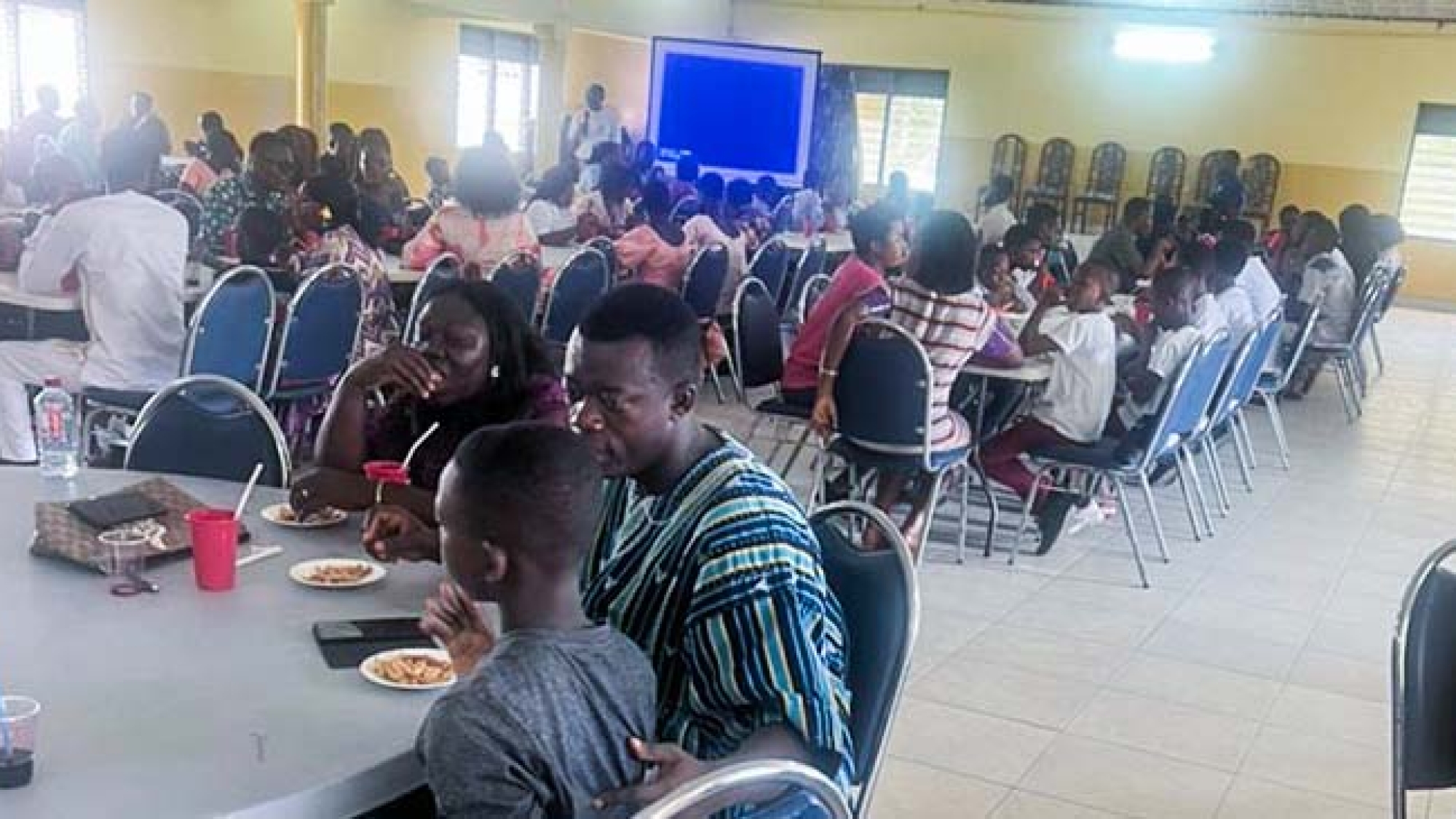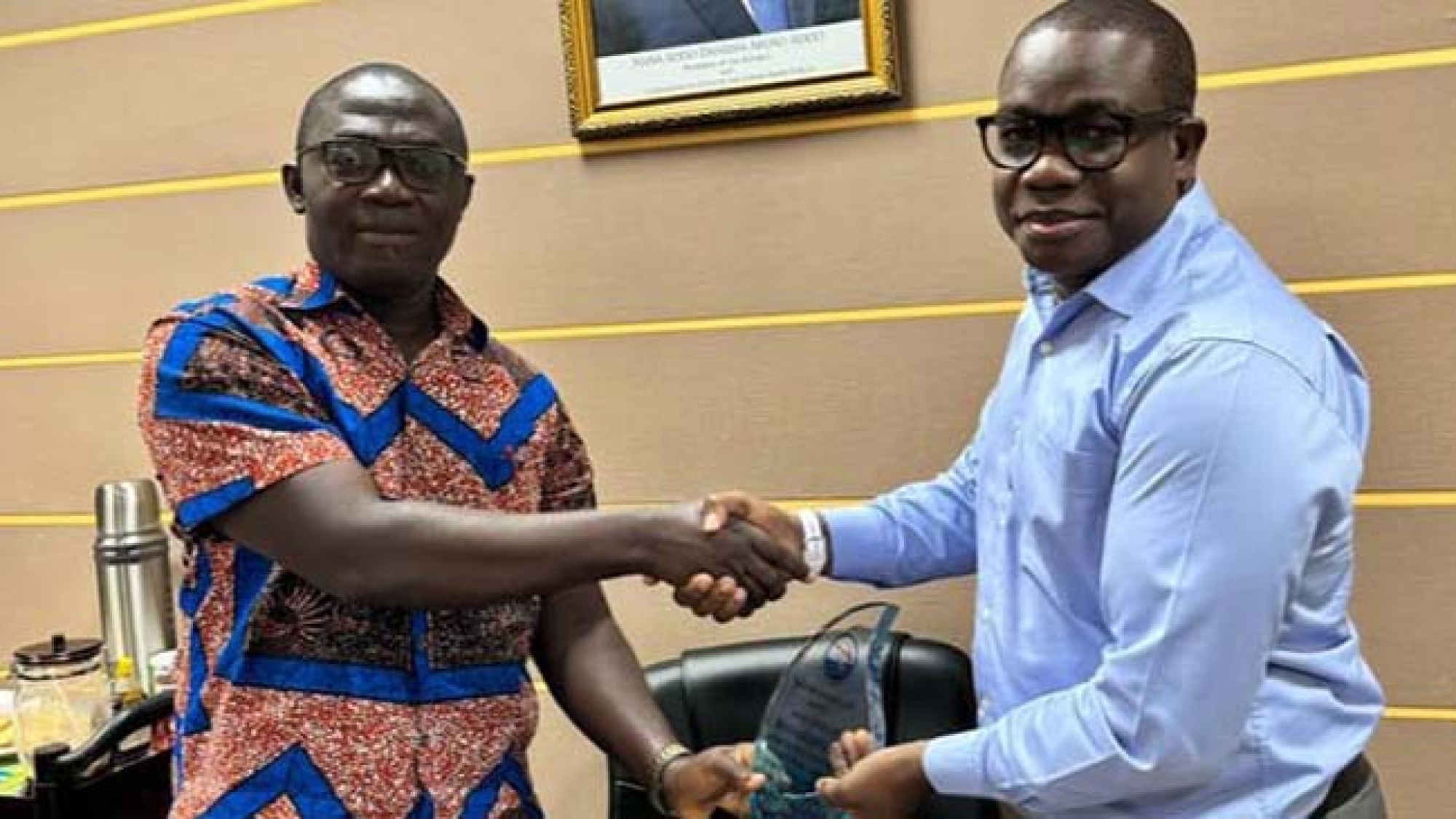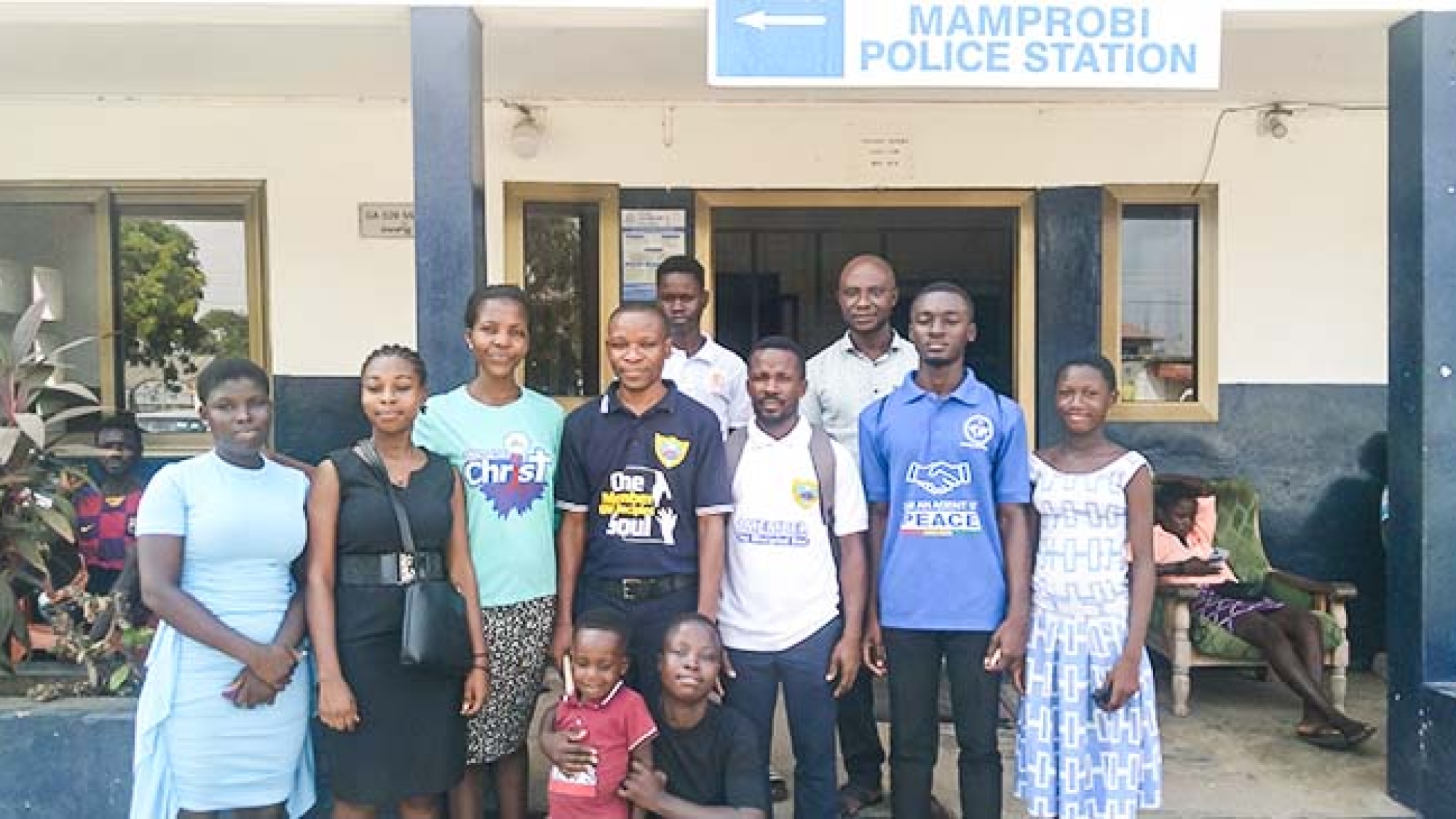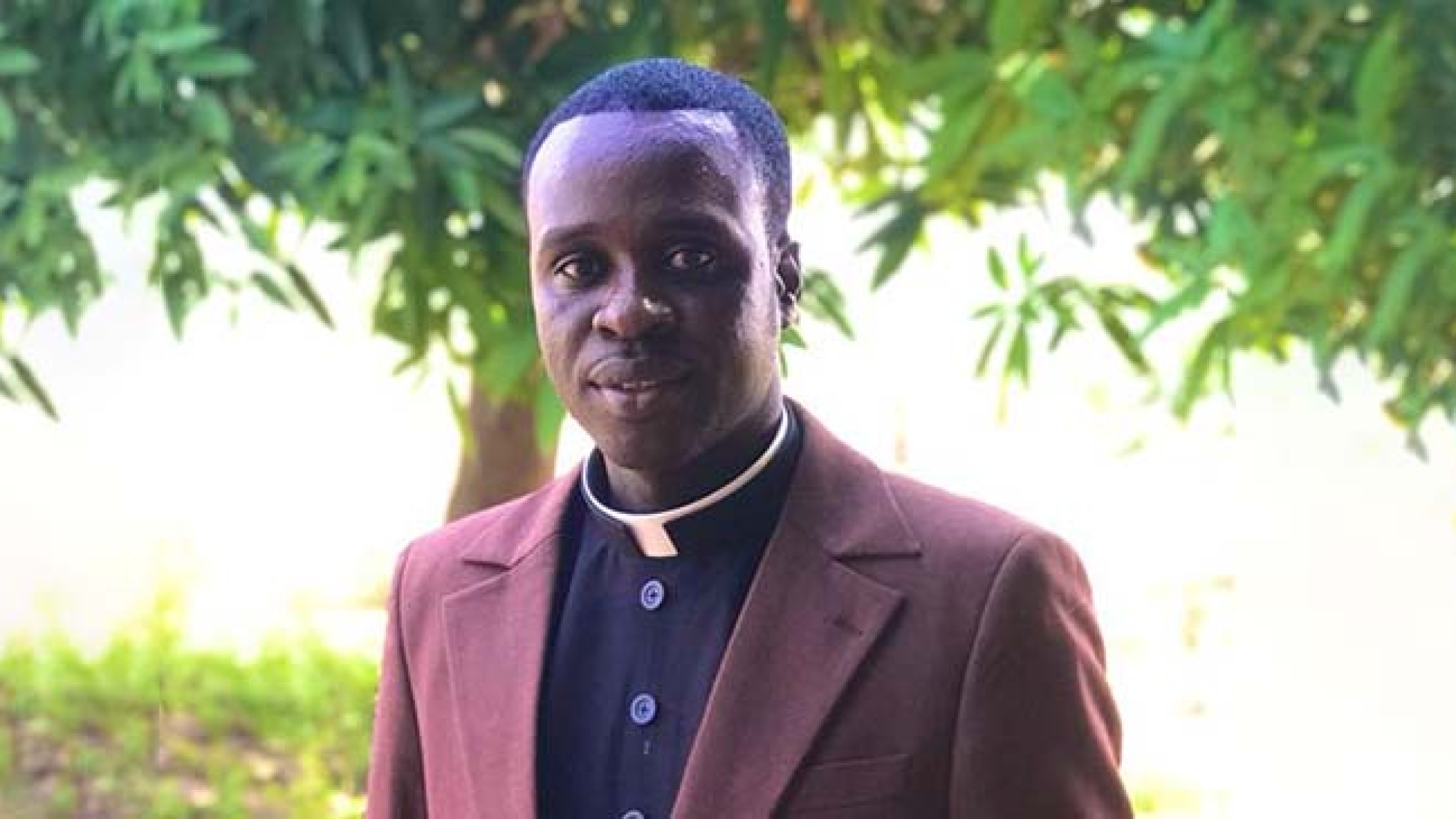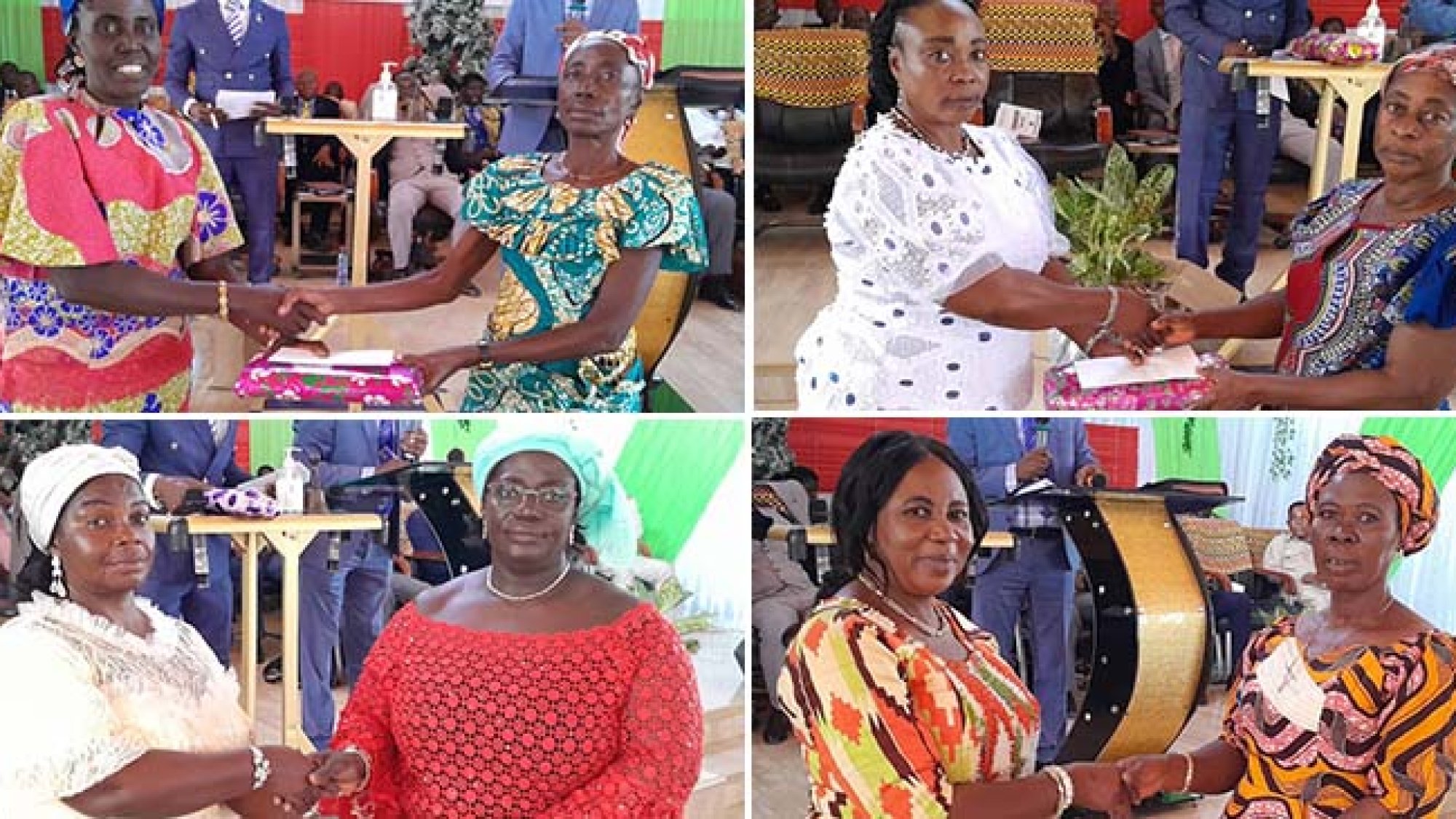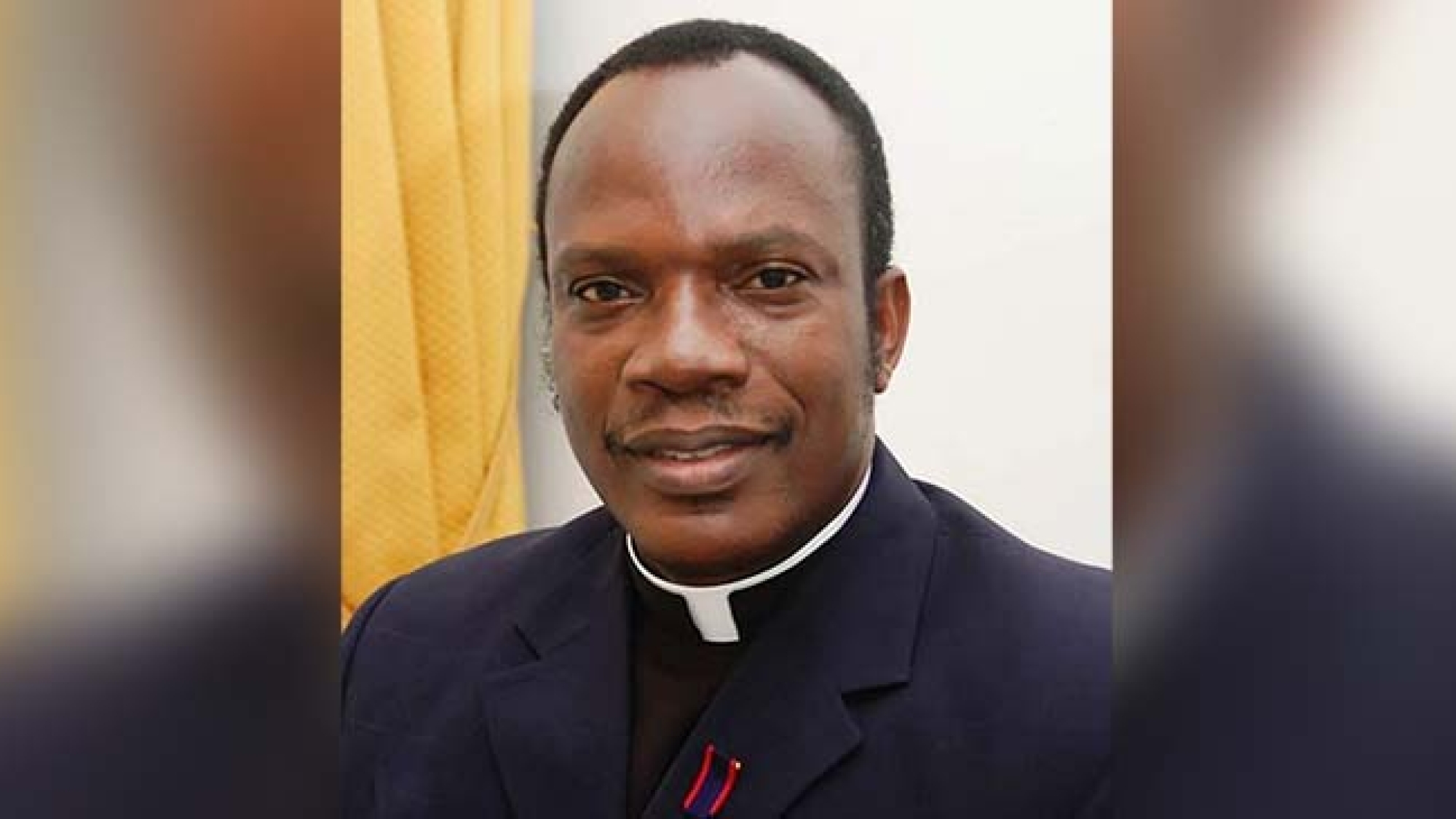As the calendar flips over to a new year, it presents us with a fresh start, an opportunity to leave behind the challenges and disappointments of the past and embrace a brighter future. However, merely turning the page on the calendar isn’t enough to create lasting change. To truly embrace the new year with a transformed mindset, it requires introspection, reflection, and a deliberate shift in our thinking. It is a time when people take stock of their past experiences, achievements, and failures. This article seeks to explore practical strategies and perspectives to help you approach the new year with renewed purpose and a transformed mindset.
REFLECT AND LEARN FROM THE PAST
The first step in embracing the new year with a transformed mindset is to reflect on the previous year. An American novelist, Ann Brashares, has said that, “You couldn’t erase the past, you couldn’t even change it but sometimes offers you the opportunity to put it right”. This means that, reflecting on the previous year can provide you with some lessons into the future. These questions can help you in your personal reflection; What were your shortcomings or mistakes? What are the lessons to be learnt? What challenges did you face, and how did you overcome them? Be sincere to yourself and take the time to acknowledge your achievements and learn from your mistakes. This introspection will lay the foundation for personal growth and help you navigate the new year with a wiser perspective.
PUT THE PAST BEHIND
Note that,while it is essential to learn from your past, dwelling on it can become a stumbling block to progress. Instead, it is of utmost importance to put the past behind, press on and embrace the new year with renewed mindset. Apostle Paul wrote to the Church in Philippians 3:13-14 NIV that, “Brothers and sisters, I do not consider myself yet to have taken hold of it. But one thing I do: Forgetting what is behind and straining toward what is ahead, I press on toward the goal to win the prize for which God has called me heavenward in Christ Jesus.”One of the primary reasons for putting the past behind is to free ourselves from the burden of regret. Past mistakes and failures tend to weigh one down and prevent one from moving forward. Whether it be missed opportunities, broken relationships, or professional setbacks, the past can haunt you and hinder your growth. It takes lot of strength and courage to put the past behind. Be mindful that, dwelling on what could have been or what went wrong only perpetuates negative emotions and prevents you from making positive changes in your life. By putting the past behind, you allow yourself to focus on the present moment.
PRACTICE FORGIVENESS
Embrace the new year by practicing forgiveness. Forgiving yourself and others can be an incredibly liberating and healing process. You may have committed yourself in something that might have left you with hatred and bitterness. For that reason, you may have cursed and even determined never to forgive yourself. This is the time to free yourself if you truly want to enjoy the blessings in the new year. Holding onto grudges or harboring resentment, be in against yourself or someone, only creates a toxic cycle that further entangles you for the rest of your life when it is not dealt with properly. Nelson Mandela, former president of South Africa once said that, “holding unto bitterness is like drinking poison and hoping it will kill your enemies”. The truth is that, everyone has been wronged, offended or sinned against at some point in time and this often leaves the individual with pains, hurts and bitterness in the heart. It could come from a very close and trusted relative, friend or even your spouse or children. By forgiving, you release yourself from self-imprisonment and the negative emotions associated with the past and it opens yourself up to new possibilities.
SET MEANINGFUL GOALS
The start of a new year often prompts us to set resolutions. However, setting vague or unattainable goals can lead to disappointment and disillusionment. Instead, focus on setting meaningful and achievable goals that align with your values and aspirations. Break these goals down into smaller, manageable steps and regularly monitor your progress. Setting meaningful goals is a crucial step in achieving success in any aspect of life. Whether it’s personal growth, career advancements, or improving relationships, goal setting provides direction, motivation and a roadmap to success and fulfillment. Without goals, life can feel aimless and unfulfilling, lacking a clear path to follow. Setting meaningful goals allows you to identify what you truly want to achieve and work towards it. It provides a sense of purpose, clarifies priorities, and helps you to stay focused on what truly matters to you.
Also, meaningful goals help you make the most of your time and resources. Time and energy are finite resources, and setting goals helps you to allocate them wisely. By defining what you want to achieve, you can identify the most effective and efficient ways to reach your goals. This helps avoid wasting time on irrelevant or unimportant tasks, and instead, channel your energy into activities that will bring you closer to your desired outcomes. When you set goals that are meaningful, you are more likely to be motivated and committed to achieving them. Motivation is crucial in overcoming challenges and setbacks, as it provides the drive to keep going even when the going gets tough.
SURROUND YOURSELF WITH GODLY PEOPLE
Surrounding yourself with goodly people is one of the most important aspects of leading a fulfilling and a spiritually nourishing life. 1 Corinthians 15:33 NIV says”Do not be misled: Bad company corrupts good character.” The company you keep has a profound impact on your thoughts, actions, and overall well-being. It is therefore, very crucial to intentionally associate yourself with people who are committed to living a godly lifestyle. Always bear in mind that, the people you surround yourself with can either make, unmake and even break you. Godly people challenge one another to live according to the godly values and hold each other accountable when one deviates from the principles. This accountability helps one to grow and become a better version of him/herself. It prevents you from straying off the path of righteousness and encourages you to continually pursue God’s will for your life. Therefore, as you embrace the new year, I want you to consciously assess all your friends and evaluate their impacts in your life. Be transformed in your mind by renewing some of the people you call ‘friends”, for not everyone can be called a friend.
DEVELOP AN INTIMATE RELATIONSHIP WITH GOD
Developing an intimate relationship with God is an essential aspect of leading a fulfilling and purposeful life in the new year. This involves nurturing a deep connection by seeking to understand and align yourself with God’s purpose and plan. One of the first steps in developing an intimate relationship with God is to cultivate a regular and dedicated personal devotional life, that is, daily reading of the Bible, prayer and meditation. Through these practices, you can create a space for communion with the divine. Job 23:12 NIV reads “I have not departed from the commands of his lips; I have treasured the words of his mouth more than my daily bread”. You can discipline yourself with the “No Bible, No Breakfast” principle. Ensure you have communion with God before any other thing when you wake from bed. Take God seriously in all that you do. By setting aside time for these practices daily, you can establish a rhythm of seeking divine connection and ultimately experiencing a deepening sense of intimacy with God.
In conclusion, we have learnt that, embracing the new year with a transformed mindset requires reflecting and learning from the past, putting the past behind you, practicing forgiveness, setting meaningful goals, surrounding yourself with godly people and above all, developing an intimate relationship with God. By implementing these strategies and perspectives, you will navigate the new year with a renewed outlook, allowing for personal growth and a transformed mindset. Welcome the new year with optimism and persistence, and watch as you surpass your own expectations.
Written by Pastor Prince Augustine Ababio (Jema Nkwanta District, Kintampo Area)






